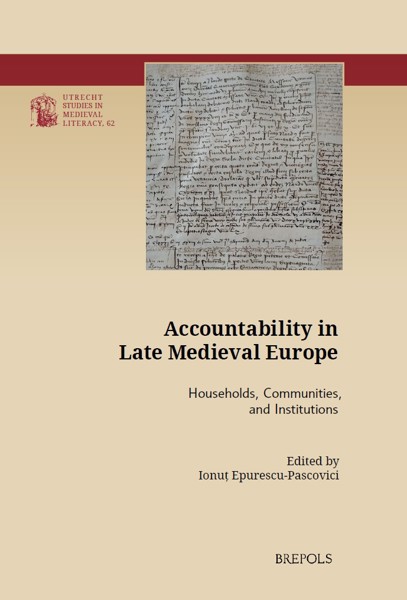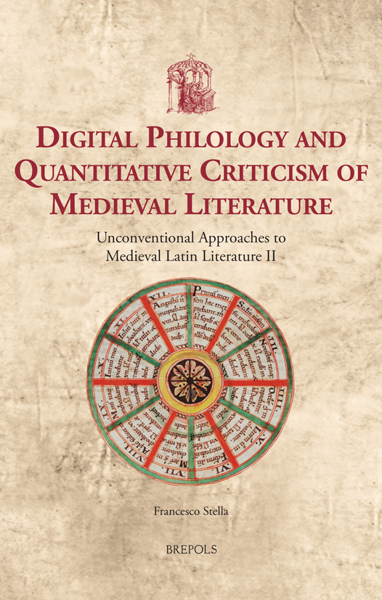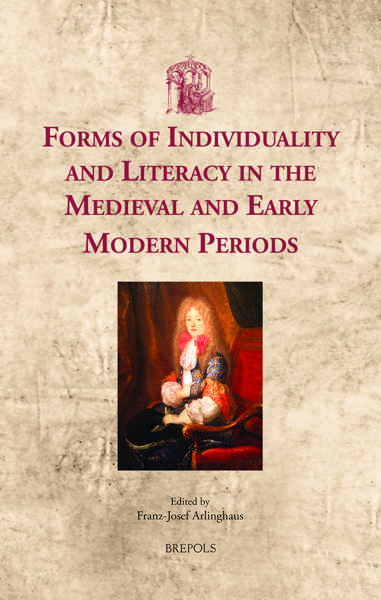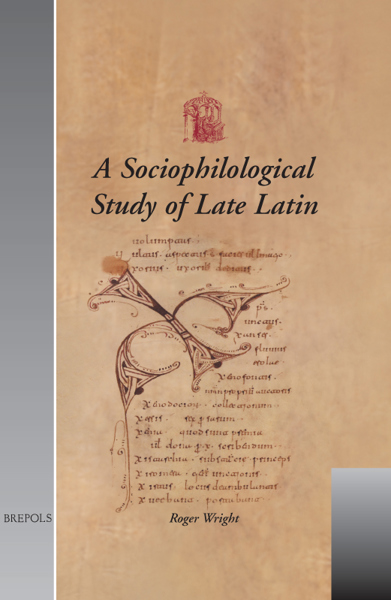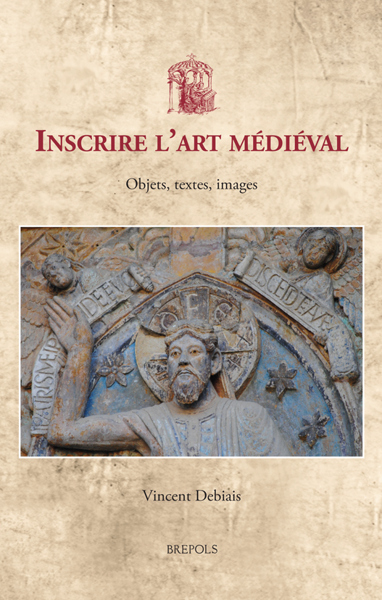
Accountability in Late Medieval Europe
Households, Communities, and Institutions
Ionut Epurescu-Pascovici (ed)
- Pages: x + 264 p.
- Size:156 x 234 mm
- Illustrations:16 b/w, 4 tables b/w.
- Language(s):English
- Publication Year:2025
- € 85,00 EXCL. VAT RETAIL PRICE
- ISBN: 978-2-503-61670-4
- Hardback
- Available
- € 85,00 EXCL. VAT RETAIL PRICE
- ISBN: 978-2-503-61671-1
- E-book
- Available
Bridging the gap between studies of personal and institutional records, this volume traces the late medieval practices of accountability across the social spectrum, from households and businesses to towns and regnal administrations.
Ionuț Epurescu-Pascovici holds a PhD in medieval studies from Cornell University and is currently Principal Investigator of an Exploratory Research Project into medieval accountability at the University of Bucharest. He is the editor of another collective volume on late medieval accountability at Brepols (USML vol. 50, 2020) and the author of a monograph on human agency in medieval society (Boydell , 2021).
This volume brings together studies of late medieval accountability in both the domestic and the public realms. It traces practices of accountability across the social spectrum, from households to small businesses to communal and regnal administrations, highlighting the intersections between competing conceptions of personal and institutional responsibility. Focusing on France and Italy from the thirteenth to the early sixteenth centuries, the case studies follow territorial officers, consular agents, and town notables co-opted into local governance from Avignon and Marseille to Tuscany and the Venetian and Genoese overseas territories. The studies explore both personal and institutional accounting registers, as well as records of a textual nature, such as rulebooks and inquests, in an effort to reflect the range of records and procedures relied on to achieve a measure of accountability in late medieval Europe.
Current Perspectives on Personal and Institutional Accountability in Late Medieval Europe
IONUŢ EPURESCU-PASCOVICI
Accountability or Culpability? Territorial Officers Facing the French Monarchy, Thirteenth and Fourteenth Centuries
MARIE DEJOUX
Private Accounting in Curial Avignon: The Ledgers of Pierre Boyer, Papal Servant under Urban V, Gregory XI, and Clement VII
ARMAND JAMME
A Book of One’s Own: Private Records and Accountability through a Gendered Perspective in Late Medieval Florence
SERENA GALASSO
Accounting and Corruption in the Fifteenth-Century Kingdom of Sicily
ALESSANDRO SILVESTRI
The Municipal Accountability of Fourteenth-Century Marseille
FRANÇOIS OTCHAKOVSKY-LAURENS
The Venetian Counts of Late Medieval Dalmatia: Institutional Responsibilities and Accountability Mechanisms
DANA-SILVIA CACIUR-ANDREESCU
The Venetian and Genoese Black Sea Agents: Accountability and Institutional Dialogue with the Metropolis (Fourteenth and Fifteenth Centuries)
ALESSANDRO FLAVIO DUMITRAŞCU
Reddere Rationem: Financial Management in the Mendicant Orders (Thirteenth and Fourteenth Centuries)
EMANUELE CARLETTI
Indirect Taxation, Liability, and ‘Semi-Public’ Records: The Accounting Practices of the Gabellers of the Commune of Bologna (Thirteenth and Fourteenth Centuries)
MARCO CONTI
Urban Measurements and Accountability in Late Medieval Florence
ANNA POMIERNY-WĄSIŃSKA
Artisans and Small Merchants as Accountants of Tuscan Institutions (Fourteenth to Sixteenth Centuries)
PAOLA PINELLI
Contributors
